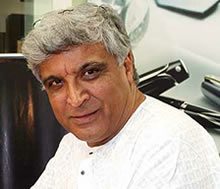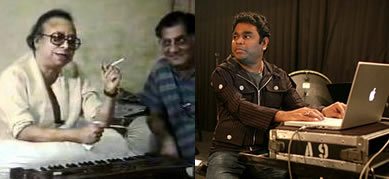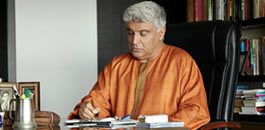"We had been protesting for long against the gross exploitation of the artistes"
Thursday 17th May 2012 was a victorious and historic day for Indian music composers, directors, musicians, lyric writers and all other copyright holders involved with Indian music.
The Rajya Sabha (Council of States) which is the upper house of the Parliament of India, passed the much talked about bill amending Copyright laws in India. The Bill got passed with support from RS member Jaya Bachchan, BJP’s Arun Jaitley, Congress’s Kapil Sibal and Left members.
Amongst many of the copyright issues addressed by the Bill; for music and lyrics, the bill basically addresses the unfairness of royalty splits in the past between the authors and the music/film companies and their producers.
The new Bill now specifies that the authors of underlying works and those they assign the works to are each entitled to an equal share of the royalties received for the out-film use of those works. This addresses the ambiguities in the 2010 version of the Bill. Specifically, an analogous provision has been made in respect of sound recordings.

“I feel vindicated. It’s nearly been a two-year long struggle. Yeh bahut hi progressive aur important step hai Hindustan ke artistes, writers, singers, scriptwriters aur lyricists ke liye. We had been protesting for long against the gross exploitation of the artistes,” reacted Javed to the news.
“A music company dictates terms to even noted musicians like AR Rahman and others,” said Javed.
“Now our creations will be non-assignable. We will sell the rights. Right now, we sell our compositions to the production house and they re-sell it to music companies, cellphone companies as ring tones, ads and use it wherever they can. In return, we, the creators of that song, music, tune, we don’t get anything,” Javed explained.
A joyful Mr Akhtar expressed:
“But now, hopefully, those rights will lie with us. Now our words, songs, stories, tunes, will be ours and ours only in the legal terms”
The Bill also seeks to bring Indian laws originally enacted in 1957 in conformity with international norms and World Intellectual Property Organisation.

Many of the music companies strongly feel that they have been overlooked by the amendments made in terms of royalties and statutory licensing.
“The amendment in the copyright act could have been a welcome step if the filmmaker’s representations were heard. It seems obvious here that most of the arguments of filmmakers have not been considered and dealt with,” said Neeraj Kalyan, President of T-Series.

A key complaint regarding the amendments to the Bill by the music companies is related in Section 31D. This covers statutory licensing for broadcasting of literary works, musical works and sound recordings. This amendment restricts revenues for filmmakers and authors by imposing Statutory Licensing to the broadcasting sector. This the companies feel is very unfair.
Reacting to this change Neeraj Kalyan said, “This regulation imposed in the amendment bill will take away the freedom of the content owner’s to trade. It means that the content owners will have no option then to license music rights to the broadcasters.”
Meaning that statutory licensing which was once limited to Government own broadcasting networks, specifically AIR and Doordarshan, will now apply to private networks too.
With most of the broadcasting sector in India owned, managed and controlled by large media conglomerates looking at increasing their profits, Kalyan said: “The broadcasters may therefore exploit the provisions of this new section 31D to avoid freely negotiated voluntary license arrangements thereby causing unprecedented losses to the Film & Music industry, whereas the same broadcasters are free to charge advertising rates at their own will depending upon their TRP/RAM ratings”

Meanwhile the International Federation of the Phonographic Industry (IFPI) which represents the recording industry worldwide, with over 1400 members from 66 countries also seems unhappy with amendments made in Section 31D relating to statutory licensing.

It goes on to say: “India should avoid such a change in its law. We urge that Section 31D be deleted and that the nature of existing broadcasting rights granted to record producers and other creators is maintained.”
Reaction to the passing of the Bill were witnessed on Twitter. Including tweets from:
Shabana Azmi (Bollywood actress and wife of Javed Akhtar): “Hurrah copyright amendment bill passed in Rajya Sabha Javeds historic moment 2 give lyricists composers 12 percent of their rightful share”
Rohit Roy: “Copyright bill passed.. Congrats Javed saab.. All ur efforts paid off”
Sulaiman Merchat: “A historic day in the history of Indian music. The copyright amendment bill of 2010 is passed today. Granting unassignable right to royalty”
Despite the Section 31D issue, the passing of the amended Copyright Bill will now hopefully pave the way for receipt of much needed royalties, especially for for musicians, lyricists, composers, writers and all the creative contributors who support one of the biggest and richest creative industries in the world of music, dance and film.





























































